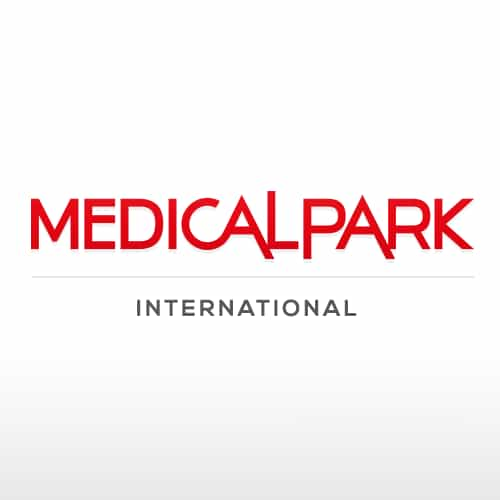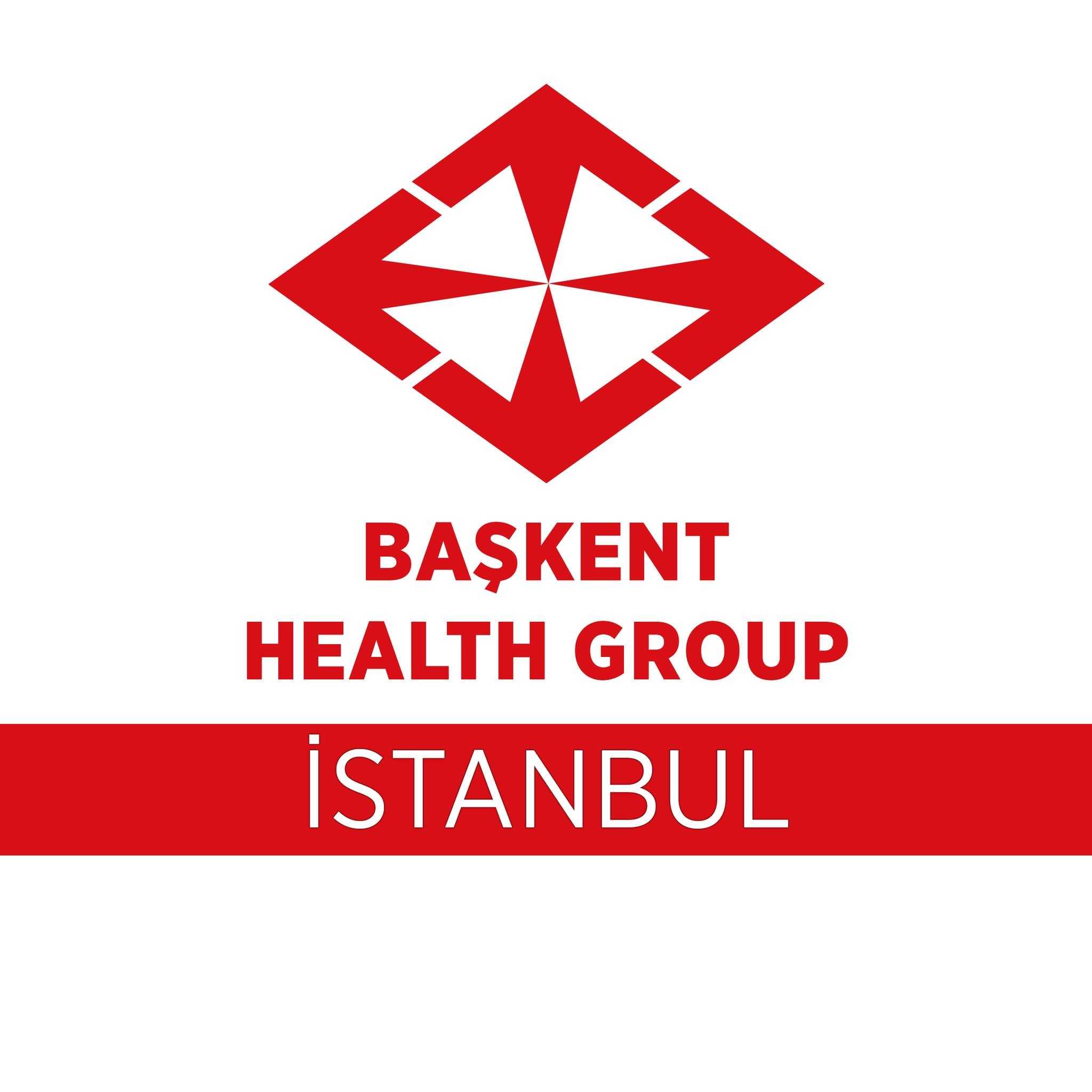Affordable Liver Cancer Surgery in Turkey: Quality You Can Trust

Welcome to our comprehensive guide on the cost of liver cancer surgery in Turkey. If you're exploring treatment options for liver cancer, understanding the financial aspect is a crucial step. Turkey has emerged as a prominent destination for medical tourism, particularly for complex procedures like liver cancer surgery, due to its combination of advanced medical facilities, highly skilled surgeons, and comparatively affordable prices. In this blog post, we'll delve into the various costs associated with liver cancer surgery, including different surgical approaches, factors influencing the price, and what you can expect during your treatment journey in Turkey. Our aim is to provide clear, concise answers to the most common questions people have, helping you make informed decisions about your healthcare.
How much does liver cancer surgery cost in Turkey?
Liver cancer surgery costs in Turkey vary significantly depending on the specific procedure required. For a liver resection (hepatectomy), which involves removing a portion of the liver affected by cancer, prices typically fall within the range of $6,950 to $16,000. This procedure is a common approach for localized tumors.
On the other hand, if a liver transplant is necessary, which involves replacing the entire diseased liver with a healthy one from a donor, the cost is considerably higher, usually ranging from $30,000 to $70,000. This procedure is performed when the liver damage is extensive or cancer cannot be effectively treated with resection. These prices are considerably lower than those found in many Western countries, making Turkey an attractive option for patients seeking high-quality yet affordable medical care.
What is included in the cost of liver cancer surgery in Turkey?
When considering the cost of liver cancer surgery in Turkey, it's important to understand what is typically encompassed within the quoted price. Many Turkish hospitals offer comprehensive packages designed for international patients. These packages aim to cover most aspects of your medical journey, providing transparency and reducing unexpected expenses.
Generally, the cost will include:
- Pre-operative consultations: Meetings with the surgeon, oncologist, and other specialists.
- Diagnostic tests: This often includes blood tests, imaging (such as MRI, CT scans, and PET/CT scans), and possibly biopsies for accurate staging and treatment planning.
- The surgical procedure: The actual operation, including the surgeon's fees.
- Anesthesia: The cost of general anesthesia and the anesthesiologist's services.
- Hospital stay: This covers the duration of your recovery in the hospital, including nursing care, medications administered during your stay, and hospital room charges.
- Post-operative care: Follow-up consultations with the medical team, wound care, and initial rehabilitation if needed.
- Medical materials and equipment: All necessary surgical instruments and supplies.
Why is liver cancer surgery more affordable in Turkey compared to other countries?
The affordability of liver cancer surgery in Turkey can be attributed to several key factors, making it an appealing choice for patients globally. One significant reason is the generally lower operating costs within the Turkish healthcare system compared to Western countries. This includes everything from staff salaries and administrative expenses to the cost of medical supplies and infrastructure.
Another factor is the favorable exchange rate of the Turkish Lira against major currencies like the US Dollar, Euro, and British Pound. This significantly stretches the purchasing power of international patients. Furthermore, the Turkish government actively supports and promotes medical tourism, which leads to a competitive market among clinics. This competition encourages hospitals to offer high-quality services at more competitive prices to attract a global patient base. Despite the lower costs, Turkish medical facilities are often equipped with state-of-the-art technology and adhere to international standards of care, ensuring that affordability does not come at the expense of quality.
Are Turkish hospitals accredited for liver cancer surgery?
Yes, many Turkish hospitals that specialize in complex procedures like liver cancer surgery are internationally accredited. A prominent accreditation body is the Joint Commission International (JCI). JCI accreditation signifies that a hospital meets rigorous international standards for patient safety and quality of care. These accreditations are a testament to the commitment of Turkish medical facilities to provide world-class healthcare services.
Before choosing a hospital for your liver cancer surgery in Turkey, it's advisable to verify their accreditations and look for hospitals with a strong track record in performing these specific surgeries. This ensures that you are receiving care from a facility that upholds global best practices and has undergone thorough evaluation of its processes and patient outcomes. Many of the leading hospitals in major cities like Istanbul and Ankara boast these certifications and have highly experienced surgical teams.
What types of liver cancer surgery are performed in Turkey?
Turkish medical centers offer a wide array of surgical options for liver cancer, tailored to the specific type, size, and location of the tumor, as well as the patient's overall health. The primary types of liver cancer surgery performed include:
- Partial Hepatectomy (Liver Resection): This is the most common surgical procedure for liver cancer, where only the diseased portion of the liver is removed, while the healthy tissue remains. The liver has a remarkable ability to regenerate, allowing the remaining part to grow back to its normal size. This is typically done for localized tumors.
- Total Hepatectomy with Liver Transplantation: In cases where the cancer is extensive, or the liver is severely damaged, a complete removal of the liver (total hepatectomy) followed by a liver transplant from a deceased or living donor is performed. Turkey is a leading country for liver transplantation due to its experienced surgeons and advanced facilities.
- Minimally Invasive Surgery: Many clinics in Turkey are equipped to perform liver resections using laparoscopic or robotic-assisted techniques. These methods involve smaller incisions, leading to less pain, reduced blood loss, shorter hospital stays, and faster recovery times.
The choice of surgical approach depends on a thorough evaluation by a multidisciplinary team, including hepatobiliary surgeons, oncologists, and radiologists. They assess the patient's condition, the stage of cancer, and liver function to determine the most effective treatment plan.
How long is the recovery period after liver cancer surgery in Turkey?
The recovery period following liver cancer surgery in Turkey depends heavily on the type of procedure performed and individual patient factors. For a partial hepatectomy, patients typically spend 3 to 7 days in the hospital. The initial recovery at home can take several weeks, during which patients may experience fatigue and some discomfort. Most people can return to light activities within 4-6 weeks, with full recovery often taking 2-3 months.
For a liver transplant, the recovery is more extensive. Patients usually remain in the hospital for 2-4 weeks or longer, followed by several months of recovery at home. The first few months post-transplant are crucial for monitoring for complications and managing immunosuppressant medications. Full recovery and return to normal activities can take anywhere from 6 months to a year. Regular follow-up appointments and adherence to post-operative instructions are vital for a successful recovery, regardless of the surgical type.
What are the success rates of liver cancer surgery in Turkey?
The success rates of liver cancer surgery in Turkey are competitive with those in other advanced medical centers worldwide. For partial hepatectomy in early-stage liver cancer, the success rates are quite high, often ranging from 70% to 90% for long-term survival, depending on factors like tumor size, number of tumors, and overall liver function. These figures reflect the expertise of Turkish hepatobiliary surgeons and the use of modern surgical techniques.
For liver transplantation, Turkey has achieved impressive success rates, particularly in living-donor liver transplants. One-year survival rates for liver transplant recipients in Turkey often range from 85% to 90%, and five-year survival rates are typically between 70% and 75%. These outcomes are a testament to the highly skilled surgical teams, comprehensive pre- and post-operative care, and advanced medical technology available in Turkish transplant centers. It's important to remember that individual success rates can vary based on the patient's specific condition, cancer stage, and overall health.
What qualifications do liver cancer surgeons in Turkey have?
Liver cancer surgeons in Turkey are generally highly qualified professionals with extensive training and experience in hepatobiliary surgery and oncology. Many of these surgeons have:
- Specialized Training: They undergo rigorous medical education, followed by specialized training in general surgery, and then further sub-specialization in hepatobiliary-pancreatic (HPB) surgery, focusing on liver, pancreas, and bile duct conditions, including cancer.
- International Experience: A significant number of Turkish surgeons have pursued fellowships or advanced training in leading medical institutions in Europe, the United States, or other globally recognized centers. This exposure brings diverse surgical techniques and international best practices to Turkey.
- Certifications and Affiliations: Many are board-certified by Turkish medical boards and may also hold international certifications. They are often members of prestigious national and international surgical and oncology associations, ensuring they stay updated with the latest advancements in their field.
- High Volume of Cases: Due to Turkey's popularity as a medical tourism destination, many surgeons perform a high volume of complex liver cancer surgeries, which contributes to their expertise and skill.
When choosing a surgeon for liver cancer surgery in Turkey, it's recommended to inquire about their specific experience with your type and stage of cancer, their board certifications, and their affiliations.
Can I combine liver cancer surgery with a vacation in Turkey?
Combining liver cancer surgery in Turkey with a vacation can be appealing, given Turkey's rich history, beautiful landscapes, and vibrant culture. However, it's essential to prioritize your health and recovery above all else.
Before surgery, you may have time to explore local attractions, especially in cities like Istanbul, Ankara, or Antalya, where many top medical facilities are located. However, it's crucial to avoid any activities that could compromise your health before a major surgery.
After liver cancer surgery, particularly a liver resection or a liver transplant, your body will need significant time to heal. Strenuous activities, prolonged walking, heavy lifting, and extensive travel should be strictly avoided during the immediate recovery period. While you might be able to enjoy light activities or relaxation in your accommodation, planning an elaborate tourist itinerary immediately after surgery is not advisable. It's best to consult with your medical team on when it's safe to resume travel and normal activities. Many patients choose to extend their stay for a period of controlled recovery in a comfortable environment before returning home.
What are the risks associated with liver cancer surgery?
Like any major surgical procedure, liver cancer surgery carries certain risks, although these are generally minimized by the expertise of surgeons and the advanced medical infrastructure in Turkey. Potential risks include:
- Bleeding: The liver is a highly vascular organ, so there is a risk of significant bleeding during or after surgery.
- Infection: As with any surgery, there is a risk of infection at the surgical site or within the abdomen.
- Bile Leakage: Bile ducts can be injured during surgery, leading to a bile leak.
- Liver Failure: If a large portion of the liver is removed, or if the remaining liver is not healthy enough, temporary or permanent liver failure can occur. This is a more significant risk with extensive resections or in patients with pre-existing liver disease.
- Complications from Anesthesia: Risks associated with general anesthesia, such as adverse reactions to medications or breathing problems.
- Blood Clots: Formation of blood clots in the legs (deep vein thrombosis) or lungs (pulmonary embolism).
For liver transplant patients, there are additional risks such as organ rejection, which requires lifelong immunosuppressive medication. Your surgical team will discuss all potential risks and complications with you in detail, helping you understand the benefits and drawbacks of the procedure for your specific case.
How to choose the best hospital for liver cancer surgery in Turkey?
Choosing the right hospital for your liver cancer surgery in Turkey is a critical decision. Here are key factors to consider to ensure you select a facility that meets your needs:
- Accreditation: Look for hospitals with international accreditations, such as Joint Commission International (JCI). This indicates adherence to high standards of quality and patient safety.
- Surgeon Expertise and Experience: Research the surgeons specializing in hepatobiliary surgery. Look for their qualifications, years of experience, number of liver cancer surgeries performed, and any international training or affiliations.
- Technology and Facilities: Ensure the hospital is equipped with state-of-the-art technology for diagnosis (e.g., advanced imaging), surgical procedures (e.g., laparoscopic, robotic surgery), and post-operative care (e.g., intensive care units).
- Multidisciplinary Approach: The best hospitals will have a multidisciplinary team including oncologists, hepatologists, radiologists, and pathologists, who collaborate to create a personalized treatment plan.
- Patient Reviews and Testimonials: Read reviews from previous international patients. Websites specializing in medical tourism often feature patient experiences and ratings.
- Comprehensive Care Packages: Inquire about what is included in the cost. Comprehensive packages covering pre-operative tests, surgery, hospital stay, medications, and follow-up care can offer peace of mind.
- Communication and Support: Assess the hospital's ability to communicate effectively in your language. Many hospitals offer international patient departments with translators and dedicated coordinators.
It's recommended to consult with a few different hospitals or medical tourism facilitators to compare options and ensure you feel comfortable and confident with your choice.
What is the average duration of stay in Turkey for liver cancer surgery?
The total duration of your stay in Turkey for liver cancer surgery will depend on the specific procedure and your individual recovery.
- For Liver Resection (Partial Hepatectomy): Patients typically stay in the hospital for about 3-7 days. After discharge, it is generally recommended to remain in Turkey for an additional 7-10 days for initial recovery and follow-up appointments. This allows the medical team to monitor your progress and address any immediate post-operative concerns before you travel back home. So, a total stay of approximately 10-14 days in Turkey is common for liver resection.
- For Liver Transplantation: The stay is significantly longer. Patients usually remain in the hospital for 2-4 weeks post-transplant, and then an extended stay in Turkey for crucial monitoring and initial rehabilitation is required. This often translates to a total stay of 4-6 weeks, or sometimes even longer, depending on the recipient's and donor's (if living donor) recovery and stability.
Your medical team will provide a personalized recommendation for your stay based on your unique case and recovery progress. It's wise to plan for a slightly longer stay than the minimum recommended to allow for any unforeseen circumstances.
Ready to explore your options for liver cancer surgery in Turkey? PlacidWay can connect you with leading hospitals and experienced surgeons, offering transparent pricing and comprehensive care packages. Contact us today to learn more and get a personalized quote for your treatment journey.


.png)

.png)


.png)









Share this listing